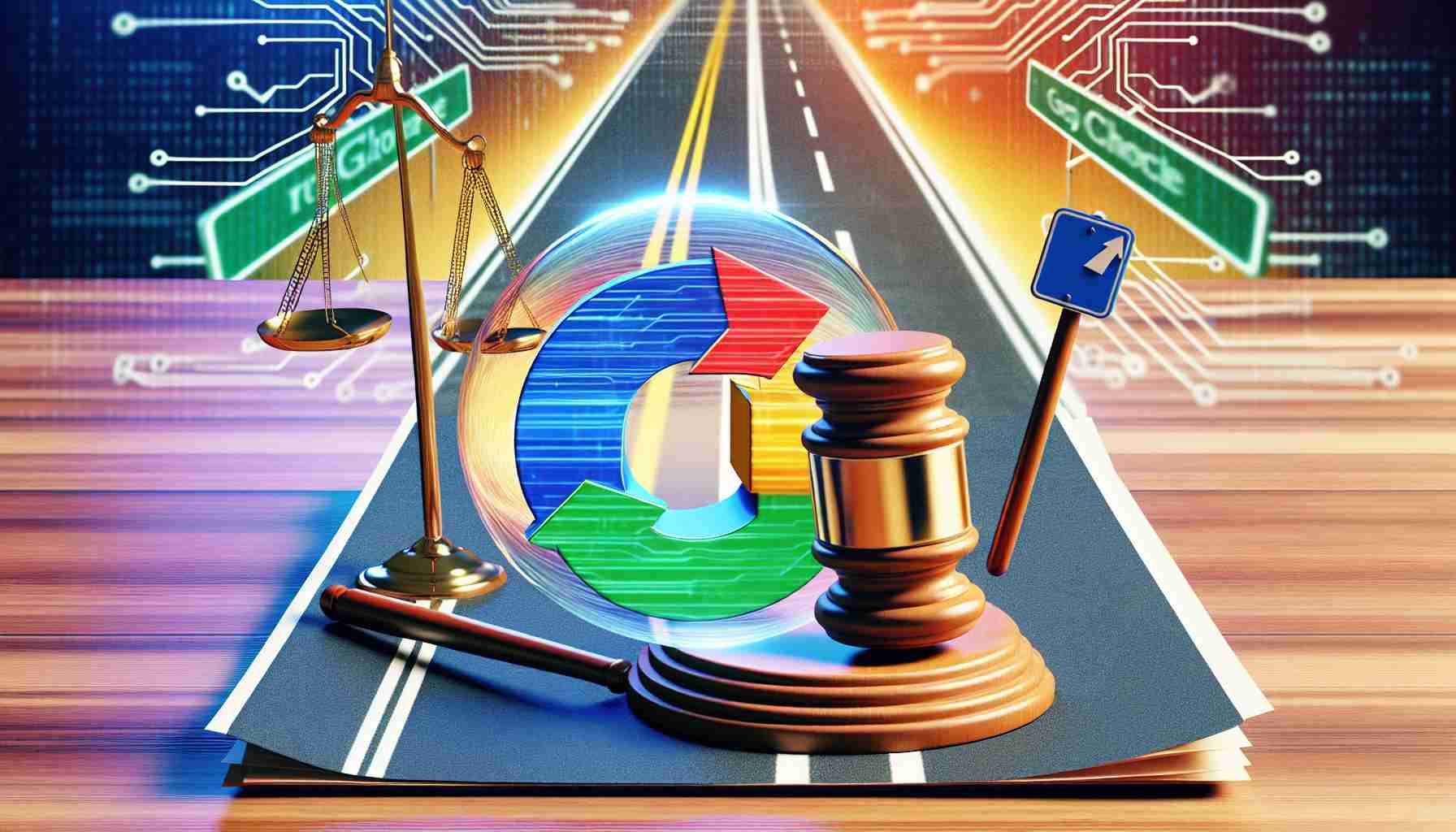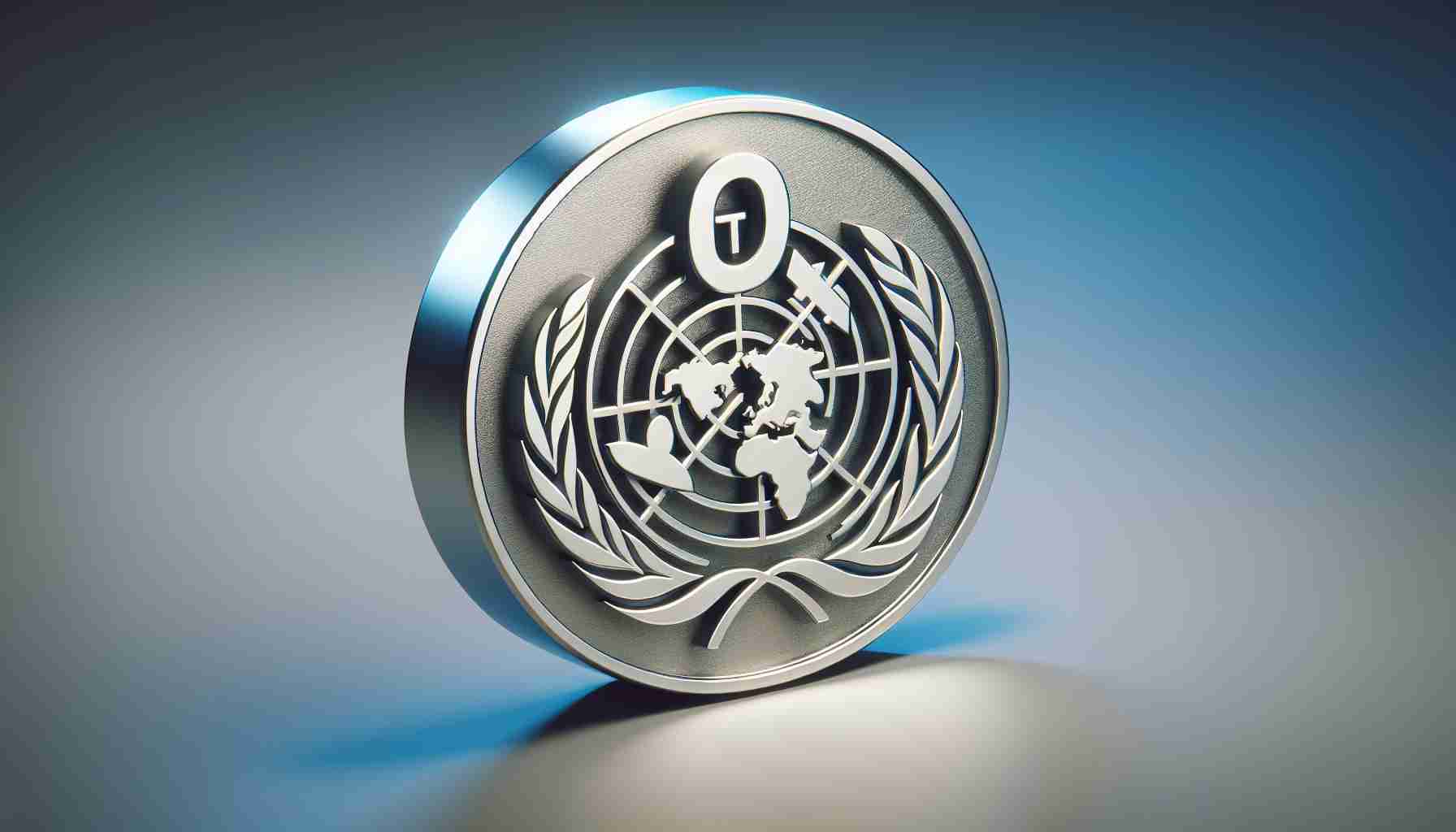The U.S. Justice Department has unveiled a bold plan aimed at restructuring Alphabet Inc.’s Google following a recent court decision labeling it an illegal monopoly. This extensive proposal targets Google’s search operations, known as the company’s most lucrative area, and introduces various limitations on partnerships with device manufacturers as well as restrictions on artificial intelligence (AI) integrations.
One significant aspect of the proposed plan is the potential requirement for Google to sell off its Chrome browser and Android operating system. Furthermore, the initiative may prohibit Google from financially incentivizing major brands such as Apple and Samsung to pre-install its search engine on their devices.
A pivotal part of the Justice Department’s case was centered around Google’s staggering $20 billion agreement with Apple to be the default search option on iPhones. In addition to structural changes, the Justice Department is considering regulations that would inhibit Google from forming agreements that hinder its competitors’ access to content. This comes at a time when Google is actively incorporating more AI functionalities within its products.
As the deadline for the final proposal approaches in late November, Google’s response has been dismissive, describing the recommendations as excessively radical and potentially harmful to consumers and innovative practices. Additionally, legal experts have expressed skepticism regarding the feasibility of the suggested breakups, indicating that such actions could lead to increased prices and diminished innovation for consumers. Meanwhile, further legal developments require Google to enhance competition within its Android app marketplace.
The antitrust ruling against Google marks a pivotal moment not just for the tech giant but for the entire landscape of digital monopolies. As the implications of the ruling unfold, various key questions arise concerning its impact on Google, the tech industry, and consumer experiences.
What are the broader implications of the antitrust ruling?
The ruling against Google could pave the way for similar actions against other major tech firms. This heightened scrutiny might encourage regulatory bodies worldwide to reassess their own positions on monopoly practices, promoting a more competitive environment across the digital market.
What actions are considered under the Justice Department’s proposal?
The Justice Department is not only focusing on Google’s search engine but is also examining its vast advertising business and the influence it holds over the digital advertising ecosystem. There is a possibility that pressure will mount on Google to open up its advertising services to more competitors, ensuring a level playing field for smaller entities in the market.
What are the key challenges associated with the ruling?
One significant challenge is balancing regulation and innovation. Experts argue that while limiting Google’s practices may foster competition, it could also stifle innovation that arises from large-scale collaborative efforts within the company. Additionally, Google’s integration of AI into its services raises questions about how regulations might affect these advancements.
What are the potential advantages and disadvantages of the proposed restructuring?
Advantages:
– Increased Competition: A breakup or extensive restructuring of Google could lower barriers for new entrants into the search and advertising markets, stimulating competition and innovation.
– Consumer Choice: More competition could lead to better products and services, offering consumers more choices tailored to their needs.
Disadvantages:
– Cost to Consumers: Legal fees and restructuring costs could lead to increased expenses for Google, which might be passed on to consumers in the form of higher prices for services.
– Disruption of Services: Major changes could disrupt services that many users depend on, leading to a temporary decline in service quality or availability during the transition.
What are the next steps for Google and the Justice Department?
As the deadline for the final proposal approaches, further negotiations and legal assessments will take place. Google may pursue appeals to mitigate the effects of the ruling, while regulators will likely refine their proposal based on potential pushback from various stakeholders in the tech community.
As we witness these significant developments unfold, the outcome will be critical not only for Google but for the future of the entire tech industry. The balance between regulation and innovation remains a central theme as the industry adapts to this new landscape.
For further information on this evolving situation, you can refer to sources such as Reuters and BBC News.












